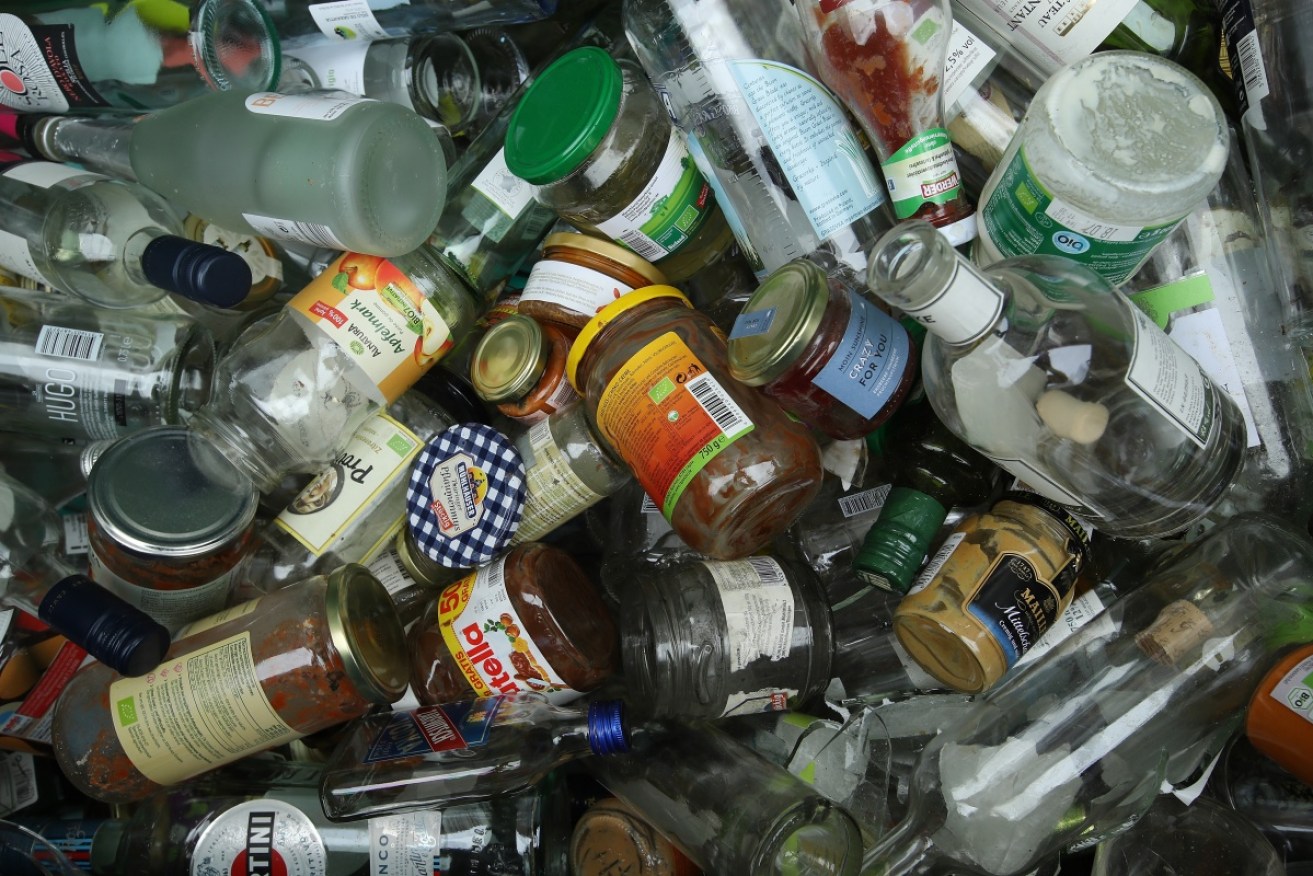Container deposit success in Queensland pressures Victoria to follow suit


Victoria is to introduce a container deposit scheme. Photo: Getty
Queensland’s cash-for-cans scheme is proving so popular that a bride-to-be is planning to use container refunds to pay for her dream wedding.
Since the scheme was introduced on November 1 last year, Queenslanders have deposited one billion containers at more than 330 reverse vending machines in exchange for a 10-cent refund.
Sunshine Coast woman Leonie Starr hopes to collect 810,000 containers from friends and family to fund her dream wedding. She has already handed in 89,064 recycled bottles and raised nearly $9000 – enough money for the venue, celebrant and food deposit.
So far, the scheme has contributed to a 35 per cent reduction in dumped containers ending up as street litter, said Minister for Environment Leanne Enoch.
The success in Queensland has reignited calls for Victoria to join the rest of Australia’s states and territories, all of which either already have or will soon have a container deposit scheme.
South Australia set up the nation’s first scheme in 1977, followed by the Northern Territory in 2012, New South Wales in 2017 and the ACT and Queensland in 2018.
Western Australia will set one up next year and Tasmania has committed to having one by 2022.
Waste advice research conducted for Sustainability Victoria shows 92 per cent of Victorians supported a container deposit scheme. It also revealed 78 per cent of respondents were more concerned about packaging waste than they were five years ago.
Municipal Association of Victoria president Coral Ross said a cash-for-cans scheme had the backing of councils across the state.
“These schemes are popular because they make sense,” Cr Ross told The New Daily.
“They improve recycling behaviour, they reduce litter and they provide recyclers with a clean stream of material.”
A Victorian spokesperson refused to answer questions about why it still had no plans to commit to a refund scheme.
“The management of waste and recycling is a complex problem, not just here in Victoria but across the globe – there’s no silver bullet that will fix it,” a government spokesperson said.
“Our focus right now is developing the markets and products that use recycled material – without a market we can’t address the challenges that have resulted from China no longer accepting recycling.”
The Victorian government did, however, implement a statewide ban on single-use, lightweight plastic bags at almost all retailers on Friday. From now on, businesses are not allowed to hand them out to customers or risk being slapped with fines of nearly $50,000.
Earlier this year, the government also banned e-waste from going to landfill. Discarded electronics such as old mobile phones or televisions is growing three times faster than household rubbish.
About 485 kilotons of e-waste was generated in Australia between 2016-17 – an increase of about 3.8 per cent compared to the previous year.
Some e-waste items can contain potentially hazardous material, of which manycan be recovered or turned into new products.
Waste Management and Resource Recovery Association of Australia (WMRR) chief executive Gayle Sloan welcomed the Victorian government’s push to reduce e-waste, but said a container deposit scheme is needed.
“It’s time to create a level playing field and ensure all communities have access to it,” Ms Sloan told The New Daily.
What goes in your recycling bin?
Before putting any items in your recycling bin, you must ensure each one is completely empty and dry.
- Paper and cardboard
- Aluminium and steel cans (such as beer cans)
- Empty aerosol cans
- All hard plastic containers, including yoghurt, ice cream and take-away containers
- Glass bottles and jars
- Milk and juice cartons
“If you’re in doubt, throw it out – don’t recycle it,” Ms Sloan said.
“Better yet, avoid buying plastics and packaging altogether.”









